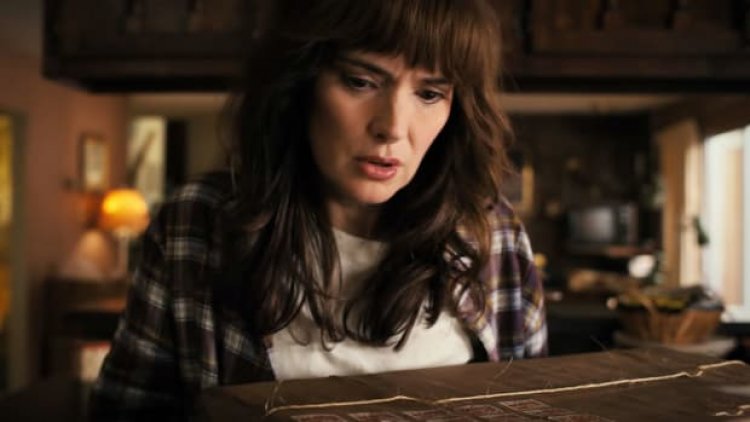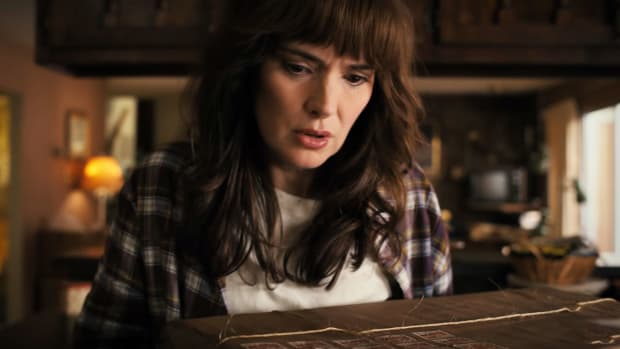Netflix Considers Bold Business Model Change Disney Doesn't Offer
The once-premium service may do something only lower-end rivals offer.

The once-premium service may do something only lower-end rivals offer.
When Netflix (NFLX) - Get Free Report first pivoted from offering reruns and old movies to producing its own content, the company was a prestige play. In many ways, the company followed the lead of Warner Bros. Discovery's (WBD) - Get Free Report HBO, a cable giant which focused on quality.
HBO was never a volume play. It always kept subscribers by having just a few massive hit shows that people felt they needed to be subscribers in order to see. Whether it was "The Sopranos," "Sex and the City," "The Wire," "Six Feet Under," or more recently "Game of Thrones," HBO was a prestige play that offers shows you could not find anywhere else on cable or broadcast.
In some ways, that's an expensive business model (dragons don't come cheap) but in other ways its actually cheaper. Having a few prestige programs that satisfy and grow your subscriber base costs less than trying to produce shows at volume.
That's a lesson Netflix seemed to understand in its early days. The company built its business of having a few shows -- think "House of Cards," "Orange Is the New Black," "Ozark," "Stranger Things" and a handful of others -- that lured in viewers, while building word of mouth.
Netflix has clearly fallen away from the prestige model in favor of producing programming not to become watercooler conversation, but to please the company's algorithm. That's why the streaming giant produces a seemingly endless array of shows nobody talks about, cares about, or tells their friends about.
Now, while the answer should be obvious for Netflix -- produce fewer shows, but make what you produce fit the prestige TV model -- the company continues to go down the wrong road. Netflix
Netflix Keeps Cheapening its Programming
People will pay for premium programming. Walt Disney (DIS) - Get Free Report has shown this with its Disney+ streaming service. The channel offers top-tier must-watch shows that people talk about and that has been enough to make Disney+ the number two streaming service with about two-thirds Netflix's global paid subscribers despite not being three years old yet.
For decades (before its current ownership mess) HBO showed that consumers would happily pay a premium price for premium television. Disney has reinforced the success of that model with Disney+ while reserving ad-supported pricing for its second-tier Hulu service.
Pricing matters when you have a product of dubious value. Hulu offers reruns, a limited slate of mostly low-budget shows, and no tent-pole shows that people have to watch. The same could be said of Comcast's (CMCSA) - Get Free Report Peacock and Paramount Global (PARA) - Get Free Report Paramount+.
These streaming channels don't have Disney's slate of Star Wars and Marvel shows to drive subscribers. Sadly, that's true of HBO too now, which is why the once-premium offering has launched an ad-supported version, which Netflix has done as well.
You can't be cheap and premium. That's why Disney theme parks never offer discounts on tickets (with limited exceptions for Florida residents). An ad-supported tier makes Netflix and all these other services less special because if they had shows people want to watch, they're a deal at $15 or even $20 a month.
Now, Netflix has signaled that cheap might not even go far enough.
Netflix Open to a Free Offering
Paramount has made a lot of money with its free Pluto TV service. Pluto offers a collection of old reruns that people apparently watch. This is a money-making strategy, but offering "Manimal," "Who's the Boss," and "Airwolf" reruns next to an endless supply of shows nobody has ever heard of is a financial play, not a brand builder.
Pluto, like the Roku channel, and Amazon's AMZN Freevee are free, ad-supported streaming (FAST) channels. They repurpose old content as a way to sell ads. It's maybe a smart strategy (though it's hard to see how it's sustainable) but it's a very different model than what Netflix has been.
There's nothing wrong with packaging basically free (and free) programming for people looking for that, but you don't want to do that with you core programming. Netflix co-CEO Ted Sarandos answered a question about the company launching a FAST channel during its fourth-quarter earnings call.
"Yeah. Look, we're open to all these different models that are out there right now, but we've got a lot on our plate this year, both with the paid sharing and with our launch of advertising and continuing to this slate of content that we're trying to drive to our members. So, we are keeping an eye on that segment for sure," he said.
The issue isn't that Netflix would enter the FAST space it's that the questioner mentioned Netflix leveraging its decade of producing its own intellectual property as the way to do it. Basically, that would be the company giving up its paywall -- albeit for older programming -- which would undermine its core offering.
"Stranger Things," or even Adam Sandler movies are new to people who haven't seen them. That's a core part of the Netflix business model. Making some of those shows available for free undercuts their value to driving future Netflix subscribers.
Netflix had a business model that worked, which was sustainable as long as you created great shows that people care about. Now, the company has lost its creative way and management has shown that it's not even looking to get back to being appointment television that people talk about.
What's Your Reaction?

























































